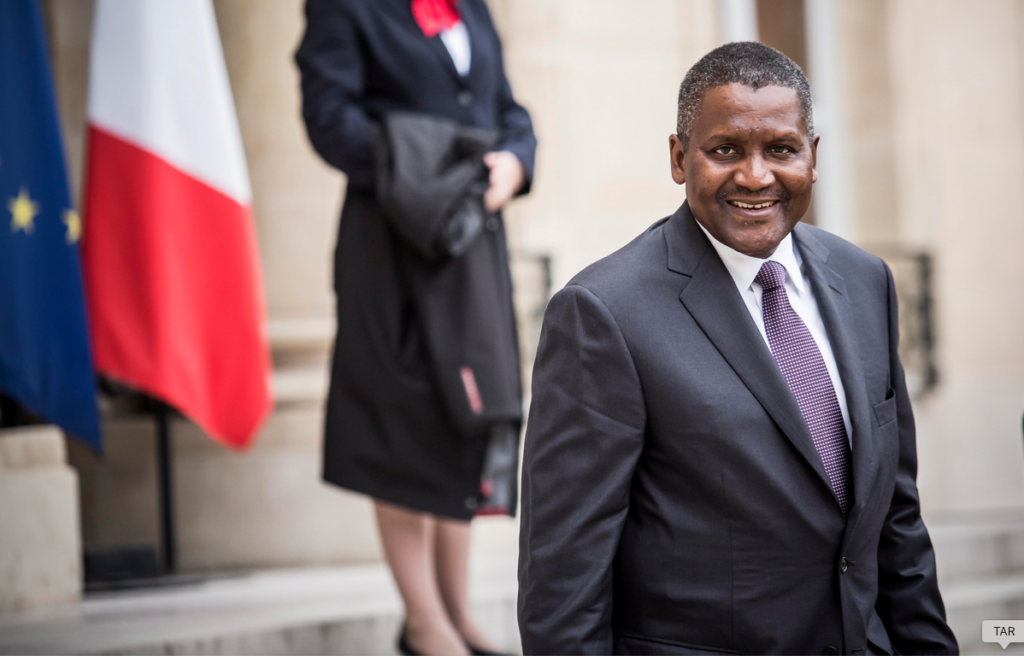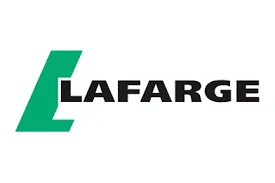Dangote Has Invested Over $90mn In His Cement Company’s Ethiopian Unit

Dangote Cement Plc, a leading cement company majority owned by Aliko Dangote, Africa’s richest man, has revealed that its investments in its Ethiopian subsidiary, Dangote Industries (Ethiopia) Plc, currently total N40.03 billion ($90.1 million) at the time of writing.
Dangote Cement has invested more than N162 billion ($364.7 million) across Africa to strengthen its operations and position itself as Africa’s largest cement producer, with a total production capacity of 51.55 million metric tons per year.
Its $90 million investment in Ethiopia has helped solidify its position in the country as it continues to position itself as the bellwether in the African cement sector, with operations in ten countries across the continent.
In recent years, its multimillion-dollar investment in Ethiopia has increased its production capacity to 2.5 million metric tons, providing the cement group with the necessary capacity to bag and sell cement in a country with a population of nearly 100 million people.
Despite a complex security and social environment in Ethiopia, Dangote Cement’s operation in the country continues to perform well, with sales volume in 2021 increasing by 11 percent from 2.1 million metric tons in 2020.
As a result of this strong operational performance, revenue generated by its Ethiopian operation increased by 15.7 percent, from N58.1 billion ($131 million) in 2020 to N67.2 billion ($151.3 million) in 2021, owing to high demand for infrastructure projects, housing, and industrial park development.
According to the group, Ethiopia remains an appealing market for cement, and as a result of improved plant performance, which resulted in more products being available for the market, its market share in the country’s cement market has increased from 25 percent in 2019 and 28 percent in 2020, respectively, to 34 percent in 2021.
With estimates indicating that the total cement market in Ethiopia could reach 10 million metric tons, Dangote Cement stated that it will continue to improve its efficiency, with a focus on increased use of local coal and other cheaper alternative fuels.













